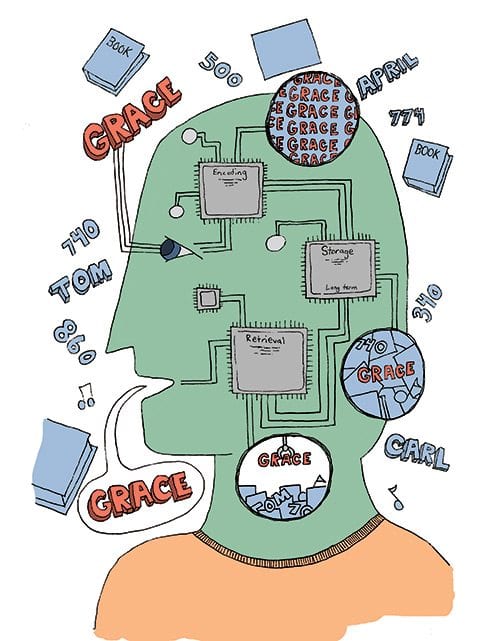Do you forget to remember?
Memories are formed through a three-step process

Memory is a complex process that even the most sophisticated scientists do not completely understand. What is known is that different parts of the brain, including the hippocampus and cerebral cortex, work in concert to develop a memory network. It is this network that helps store and retrieve memory.
To remember something your brain goes through a three-step process. First the brain has to register, or encode, the memory. People often complain that they have forgotten something when in fact it was never encoded in the brain to remember. For instance, if you didn’t pay attention to a person’s name when introduced, in all probability your brain didn’t process it.
Once encoded, the thought is stored as a short-term memory, and may get stored later as a long-term memory. While thoughts in short-term memory are fleeting — a telephone number, for example — important information is transferred to long-term storage. The more information is repeated or used, the more likely it will be retained. Repetition builds and strengthens connections in the brain. Long-term memory can store large amounts of information indefinitely.
The last step — memory retrieval — is successful if your thoughts have successfully been encoded, or processed and stored.
With age the retrieval process takes a little longer, but remains intact. In the early stages of Alzheimer’s disease, short-term memory is impaired. As the disease progresses, however, even long-term memory can become compromised.







